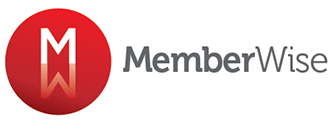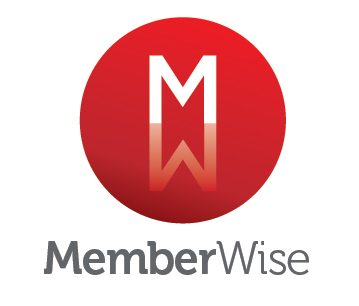Digital change doesn’t come easily to any organisation, there will always be challenges along the way.
New or updated digital system changes can bring some amazing benefits to the organisation and its members, but can also be quite challenging to implement. When you are looking to change the organisation’s working processes, streamline practices and automate member activity, the benefits are obvious but are your organisational teams truly ready to make the change?
Creating the business case to change website, CRM or other digital technology and getting the budget, can be the easiest part. Changing the way the organisation works and individuals and teams operate can be more challenging and you can expect some internal disruption and barriers to emerge.
Employees tend to live in the here and now, working hard to maintain the status quo with existing processes, some manual, often built by themselves; Leaders are thinking about what’s next, planning and evolving the organisation, but are protective of their teams. During a digital transformation an organisation is looking to re-engineer parts of itself, this has the greatest potential to be disruptive and cause issues if not handled right.
There are clear steps you can take to ensure all challenges faced during a transition are, both, planned for and end with a positive outcomes.
1. Proactive organisation engagement – this can be broken into three areas, all of which are key to the success of the project.
-
- Executive and board support and engagement– any project that means change (of any kind) across the organisation must be led from the top. Lack of executive support and active sponsorship will see an unsuccessful project. There’s a clear correlation between sponsorship effectiveness and project success.
- Employee engagement – whilst leadership is critical, it’s as important to engage and communicate all employees on this digital journey.
- Middle management engagement– preparing middle management is key, they will drive and support this change with their teams.
Depending on who is driving a change resistance, will effect the potential disruption to your project, the effects can be anywhere from negligible to a disaster, therefore, this needs prempting and planning for.
2. Committed project resource – digital projects can be resource hungry and require someone to take the lead, steer the wider team. It doesn’t always require a full time approach, but it does require a clear project lead. Under estimating the time needed to pull together the work streams is a common mistake that we see within organsations.
3. Regular employee communication – clear communication straddles everything and is the central pillar in any successful change programme. People need to understand the benefits to the organisation but also identify the benefits to them. If your communication is regular and open, you will not only identify challenges earlier but you will ensure that you surpress the underground negativity that people can create when they feel uninformed and uncomfortable.
If you only take away one thing. Organisations don’t change, individuals change one person at a time.
We have written a number of articles that may be of interest on your digital journey. Never be afraid to ask, we are always happy to offer unbiased, independent advice and recommendations.
Chrysalis Digital provides an independant digital transformation service designed to help build a more agile, efficient and innovative organisation.
If you need any help with the next steps in your digital journey please call Ben Sturt on 07469 768990 or email [email protected]










Leave A Comment